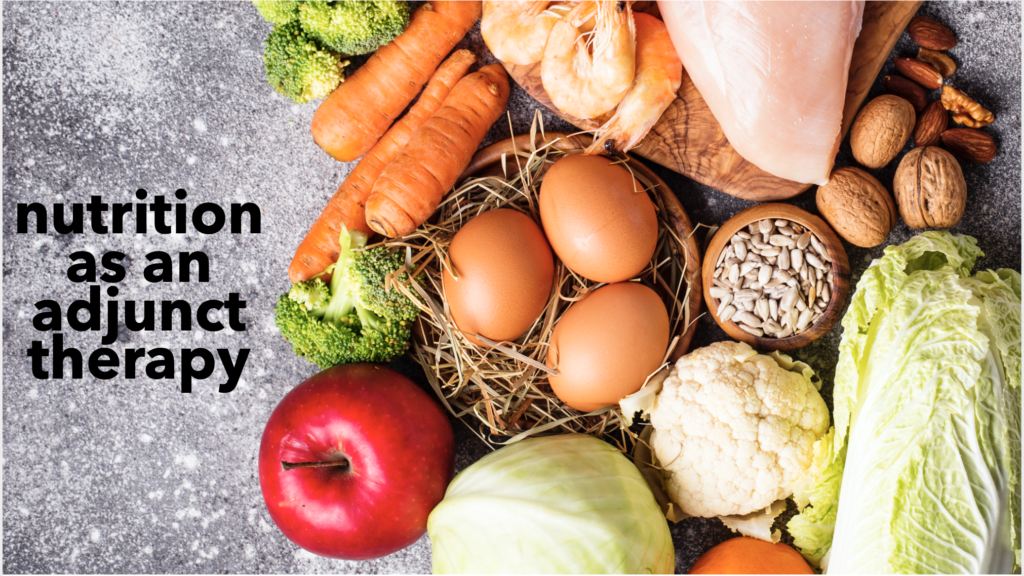They say you are what you eat and this is especially true when we consider how our diet impacts our oral health and wellness.
Some aspects of our diet that have been shown to have a positive effect on our oral health include:
Anti-inflammatory foods – tomatoes, fatty fish, green leafy vegetables
Chronic inflammation is the link between overall and our oral health. Periodontal disease is primarily a disruption in our inflammatory state. Eating foods known to have anti-inflammatory properties can help to combat this at the site of infection.
Anti-oxidant foods – tomatoes (lycopene), dark berries, artichokes, pecans
Anti-oxidant rich foods have properties that help to balance the highly oxidized environment that the bacterial infection causing periodontal disease create.
Immune support – citrus fruits, garlic, ginger, broccoli
Our bodies natural defence against bacterial infection is our immune system. Eating a diet high in immuno-supportive foods can have a beneficial effect on our oral and systemic health.
Microbiome support – fibre, probiotics, prebiotics
Our oral microbiome is the second largest microbial community in humans (second only to the gut). Our oral microbiome has many roles including; initiating digestion, regulating our immune response, controlling our metabolic processes, detoxification, providing a barrier, and preventing unhealthy bacterial, viral and fungal growth, among many others.
Eliminate trans-fat and lower saturated fat, omega-6 and cholesterol-rich foods – eat instead omega-3 fat rich foods (fatty fish, legumes, soy, flax, avocado), plant sources of protein
Trans and highly saturated fatty acids found in processed carbohydrates as well as in animal meats contribute to a pro-inflammatory status in the body, promoting bacterial growth and ultimately, periodontal disease.
Bone support – calcium, vitamin D
A key characteristic of periodontal disease is a loss of the bone tissue that supports our teeth. To support the alveolar bone it is important to incorporate foods rich in calcium and vitamin D into our diets including milk, cheese, yogurts, and even a daily vitamin D supplement.
Low glycemic index foods – sweet potato, whole oats, whole grains
The bacteria in our mouths eat what we eat, and their favourite fuel source are simple carbohydrates. To support a healthy body and healthy oral cavity, eat complex carbohydrates with a low glycemic index.

Several studies support the message to:
- Eliminate processed sugars/carbohydrates
- Eliminate trans fats
- Eat a colourful diet
- Include Vitamin D supplementation
- Eat fibre-rich foods
- Drink water
- Make small, sustainable changes




